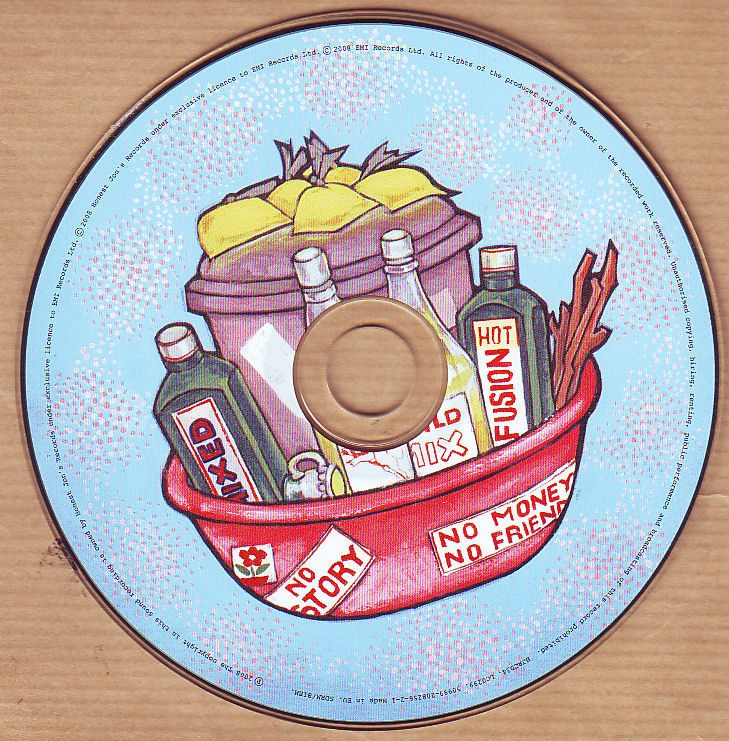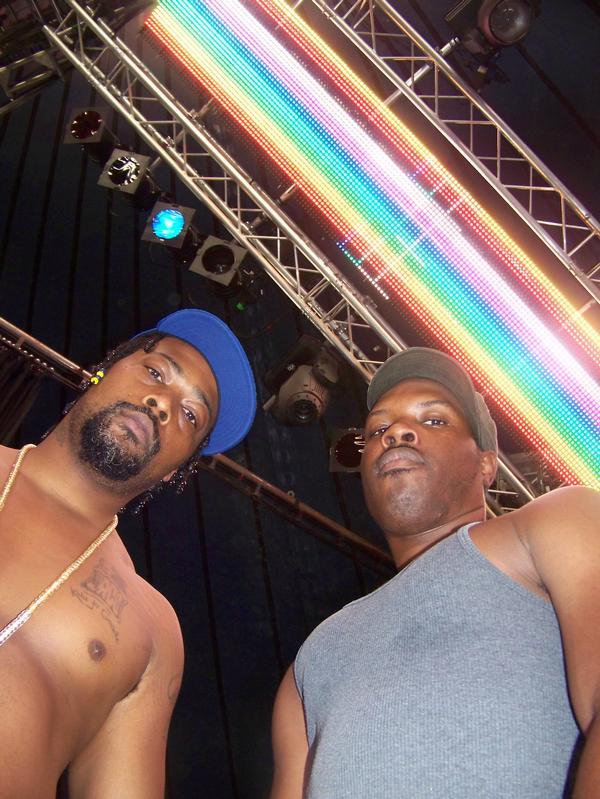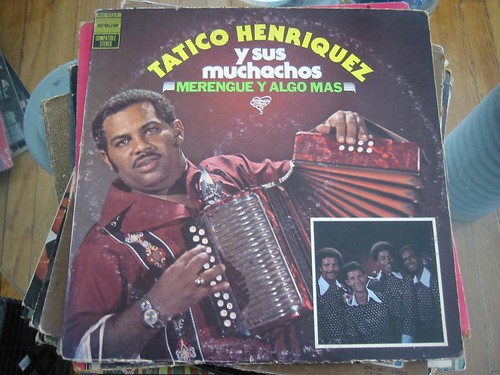
Delicious looking indian vegetarian food. I’m hungry.
I’m a vegetarian. It’s not something I try to stick in people’s faces all the time or have a lot of arguments about. I think of it as my small, daily, repetitive contribution to having a little less violence in the world, consuming less resources and keeping the planet a little greener. I became veggie when, working as a video editor about ten years ago, I had to edit footage of a slaughter house.
If you know video editing you know it means watching things again and again and again. For me the thing that pushed me over the edge was a shot of a guy herding sheep off a truck. One of the sheep resisted and he punched it in the face and kicked it off the high back of the flatbed truck. Usually people think of the slaughter of animals as a dispassionate process. When I saw this guy kicking and punching this sheep it drove home to me the fact that the killing of animals for food is violent, just like the killing of anything.
A friend of mine, a guy that I worked under as an intern at a video studio in high school was vegetarian and what he said about it was that he felt that we, as the human race, have reached a point where eating meat is no longer a survival necessity and has become a luxury. I agree and I think with the more that we learn about the destructiveness of our industrialized life-style to the environment, our lives and the lives of people outside it that it is a luxury that we as a species can no longer afford.
For those who would say: “But we’re omnivores, it’s natural for us to eat meat.” I would say that there is a great deal of “natural” behavior that we don’t practice any more usually because we have developed a higher standard of morality. Murder, slavery and rape all spring to mind. Things which might be considered ‘natural’ behavior in a law-of-the-jungle situation have been shed as our culture matures and becomes more thoughtful. I think that meat eating is one of those things that we should move towards leaving in the violent past of our species.

Collage of various tasty looking veggie foods.
This article from the Audobon magazine got me thinking about all this, specifically in the context of the environment and global climate change, and I recommend it. The main point of it is the terrific energy inefficiency which goes into raising, slaughtering and trucking all that meat.
Barbecue loving vegetarian Mike Tidwell writes:
“Simply put, raising beef, pigs, sheep, chicken, and eggs is very, very energy intensive. More than half of all the grains grown in America actually go to feed animals, not people, says the World Resources Institute. That means a huge fraction of the petroleum-based herbicides, pesticides, and fertilizers applied to grains, plus staggering percentages of all agricultural land and water use, are put in the service of livestock. Stop eating animals and you use dramatically less fossil fuels, as much as 250 gallons less oil per year for vegans, says Cornell University’s David Pimentel, and 160 gallons less for egg-and-cheese-eating vegetarians.”
Something I tell people who start explaining to me about why they eat meat when they learn that I’m vegetarian is that vegetarianism is not for everyone and if you are concerned about these issues simply eating less meat also makes an excellent contribution. I eat milk, eggs and cheese (I could never, ever give up cheese, sorry vegans) but no meat or fish. Thinking about the food you eat from an environmental perspective and making choices like eating lower on the food chain (smaller animals and fish) is both healthier and more sustainable. More than anything my recommendation to everyone is to just think a little bit as you choose what to eat.









